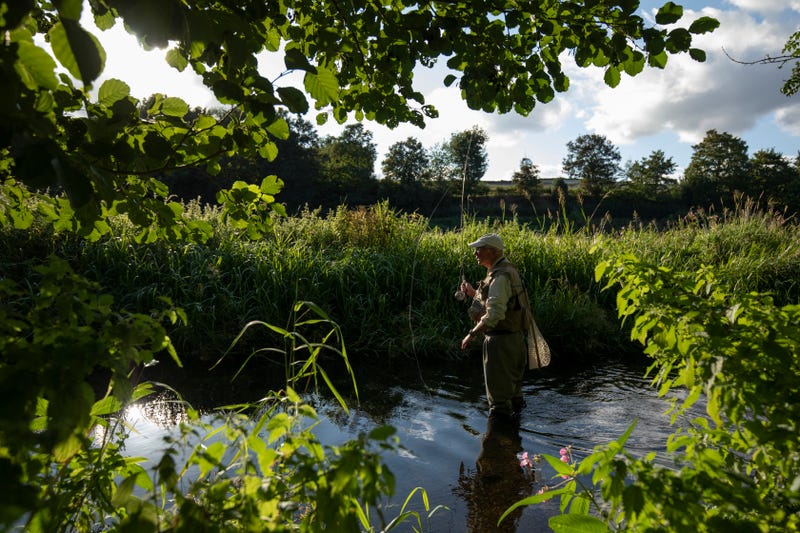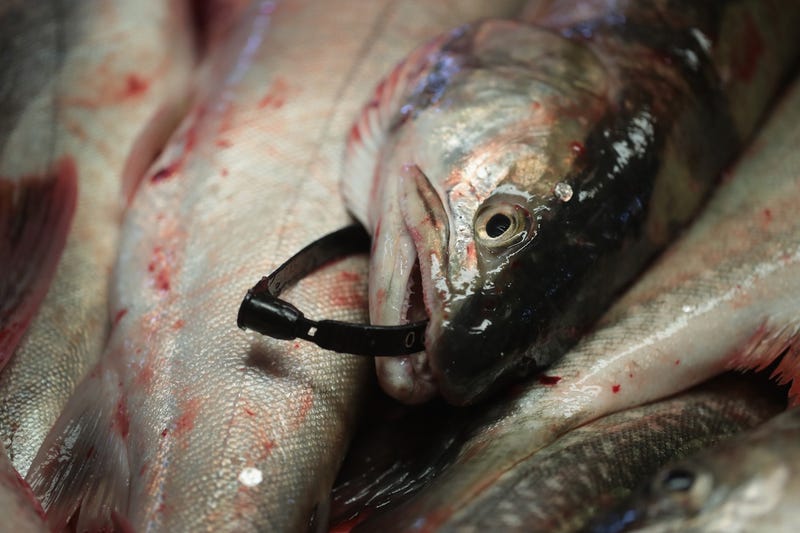
A study released Tuesday found that fish can become addicted to methamphetamines in water polluted by drugs.
Researchers in the Czech Republic published their results in the Journal of Experimental Biology. Experimenters kept groups of fish in several tanks and regularly exposed one to at least one microgram of meth per liter of water, the same dose researchers said could occur in polluted waters.
Investigators found the drug caused the brown trout to become addicted and altered their behavior, including strange movements and a preference for methamphetamine during withdrawal.
The drugged fish were noticeably sluggish when moved to clean tanks. And the drug built up residues in the fish’s brain tissue over time that were still present 10 days after their last exposure.

Fish could become so hooked researchers worried they might crowd around wastewater treatment plants in an attempt to get a hit.
The scientists concluded the introduction of drugs in freshwater ecosystems causes addiction in fish and modifies their innate preferences. Even a small level of drug pollution has devastating effects on the ecosystem. The global, societal health crisis of meth addiction can affect the nature around us.
Other studies in the past few years have also found traces of various drugs in shrimp, mussels, and other underwater swimmers.


